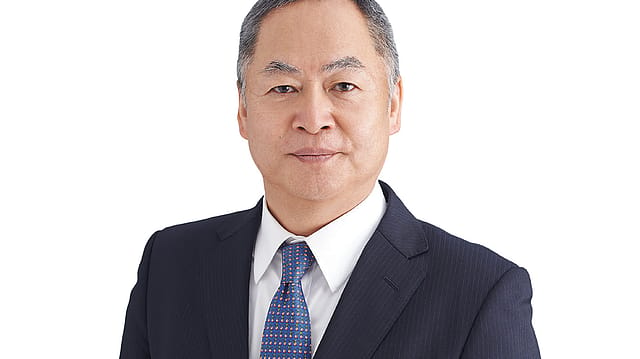MUJI and the art of marketing
ADVERTISEMENT

After almost four decades and 700 stores across 28 countries, Japan’s ‘no brand’ retailer MUJI opened its first store in India at Mumbai’s Palladium Mall in August. Dubbed Japan’s Ikea, the no-frills, no-label seller rakes in revenues of over $3 billion (Rs 18,951 crore) by selling everything from clothes and home furnishings to stationery. Satoru Matsuzaki, president and representative director of Ryohin Keikaku, the company behind MUJI, talks to Fortune India about his decision to enter India and the challenges of doing business here. Edited excerpts:
Reliance Brands [MUJI’s Indian partner] has been in the premium retail space for a over decade. Indian consumers, too, have been ready for your products for a while now. So why did it take so long to enter the country?
We are present in 28 countries, where the majority of our stores are single-brand outlets. It’s only now that regulations in India have been eased to allow such a format. [The Indian government eased sourcing norms for foreign brands in June.] We had started examining India as a potential market much before the reforms.
How did you go about studying the Indian market?
I have visited every mall in most cities. There were days when we went to five malls in a day. We had 30 people from MUJI [to oversee] this store’s opening. I even know what a bonded warehouse looks like in India. [A bonded warehouse is a building where dutiable goods are stored or go through value-addition processes. The duties are paid only when the items are removed, or ‘de-bonded’, from the warehouse]. I travelled with the first consignment even though I was advised against it by Darshan’s [Darshan Mehta, president and CEO of Reliance Brands] team. I was told they would organise a car for me, but I insisted on travelling by truck.
How many stores do you plan to open in India?
Right now we are opening two stores—one in Mumbai and the next in Bengaluru. In the near future, we plan to open one or two every year.
That seems quite aggressive.
In view of the current market potential, it is not an aggressive strategy. For instance, in China we opened 14 stores this year.
But Indian consumers are different from the Chinese. Big names sell in China, but the market here is sensitive in terms of luxury brands, and consumers are in tune with tradition or history. Given that your products have no branding, how will you play on that?
Adding extra cost to a product and then extracting a premium for it from the customer is not our philosophy. We concentrate on adding quality and offering products at a rational price. In 2005, I was asked the same question in China because the Chinese have an eye for brands. Today MUJI, which has no brand, has 200-plus stores in China. The market for daily-use products is the same globally.
What will be the key challenges?
There are quite a few. The customs duty on fabrics, for one, makes it difficult for us to provide a rational price. Then, the time taken to clear the goods. For example, even after our first store opened, some of the goods were stuck in clearance; some have taken forever to reach. Indian law mandates that unless goods have price tags, they can’t clear customs. Whatever the product—be it manufactured in India or foreign branded—an MRP tag is a must. If the goods come before tagging, they have to go to a bonded warehouse.
Also Read: Of Leopards, luxury and Ambani
Why is tagging goods such an issue?
It’s a laborious process because we have over 7,000 products. Imagine doing it for every pen, eraser, and the like. Ideally this should be done when the product is with the vendor. We are considering doing it at the warehouse itself. The first level of clearance takes about seven days because a bonded warehouse does not have the facilities like our own warehouses.
How would you rationalise the real estate cost of having stores in luxury malls, which can also delay becoming profitable?
We don’t necessarily have to be in a premium mall. Instead, we will be in a mall with high footfall. That strikes out Delhi’s DLF Emporio. In Bengaluru, we are not in UB City, but in VR Bengaluru in Whitefield, targeting young, cosmopolitan consumers. But Mumbai is unique because from an H&M to a Gucci, all are under the same roof. Further, we are not insisting on anchor positions on the ground floor. We have a policy for all our stores to achieve a cash break-even by the 18th month. We are confident of doing the same in India. A customer will not walk out of a MUJI store without buying something—it could be anything from a toothbrush to a shirt.